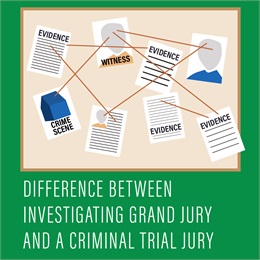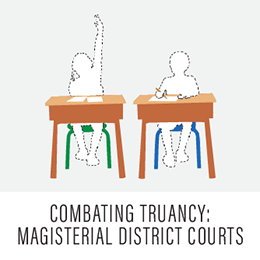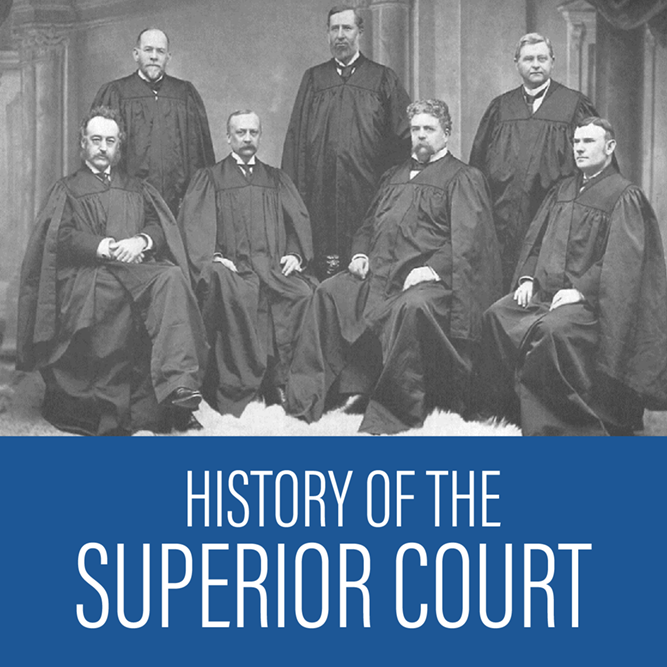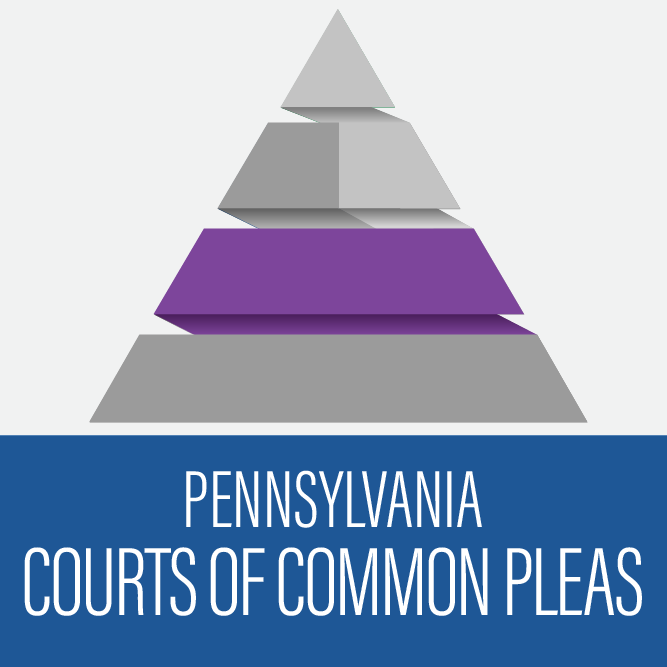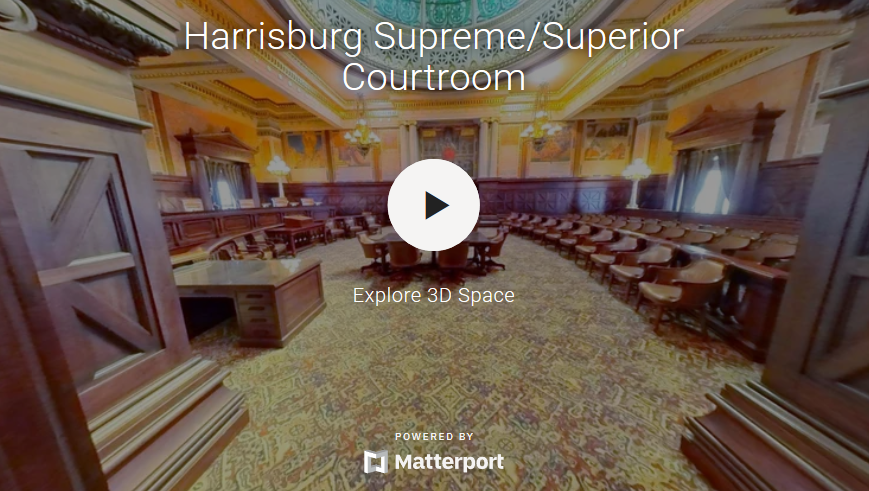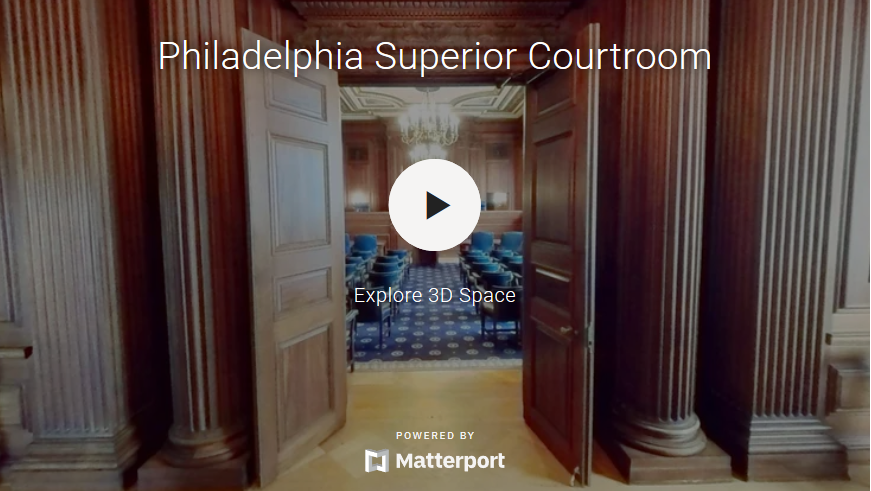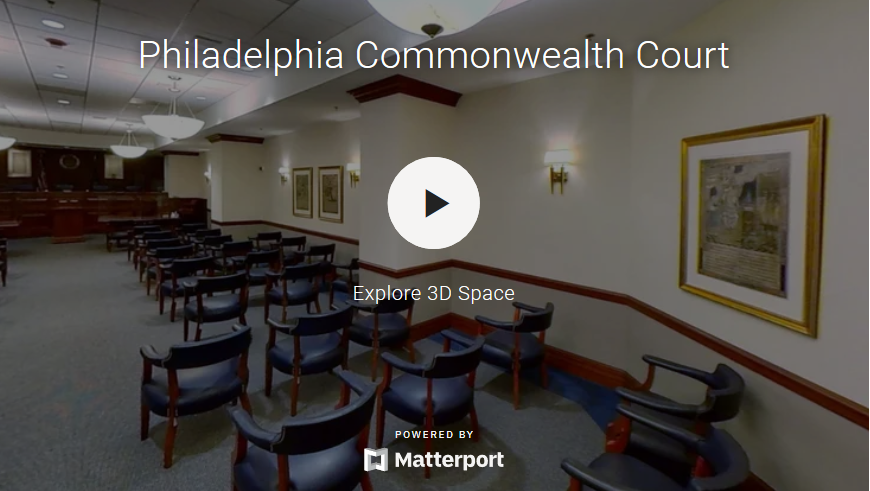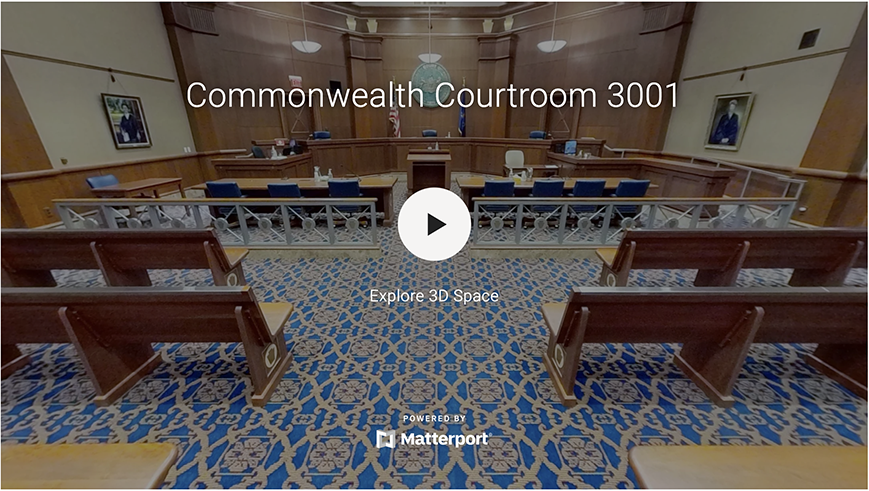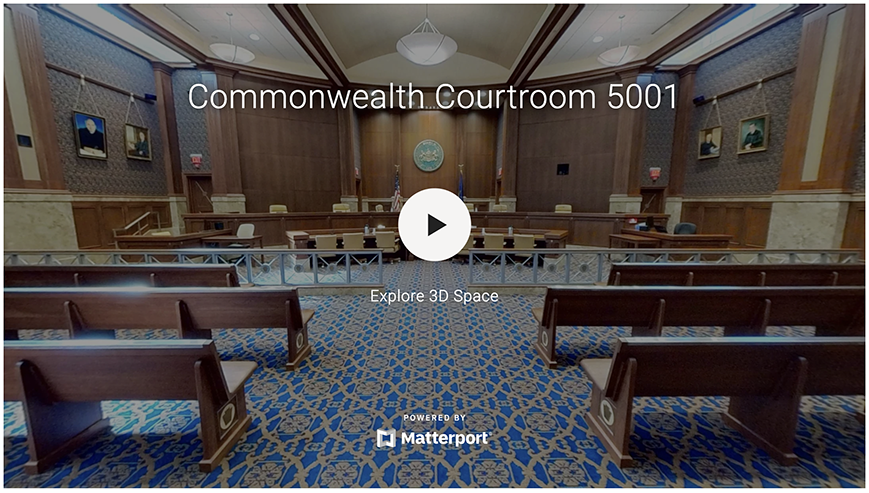Civics-Ed
Welcome to the Pennsylvania Courts Civics Toolkit!
Ever wondered what judges do, what happens in a courthouse, or how the courts help keep things fair in your community?
This toolkit is designed to help you understand Pennsylvania’s court system and the role courts play in everyday life. Inside, you’ll find easy‑to‑follow resources, videos, fun facts, student contests and ideas for getting involved—all to highlight how the courts impact the lives of people across Pennsylvania.
Whether you're curious about how laws are applied, what a jury does, or where money for a traffic ticket goes, this toolkit is a one-stop shop for teachers, students and the public to learn more about the work, role and structure of the state’s courts.
Click on a topic to learn more:
Role of the Courts
Why Judicial Independence Matters
Three Branches of Government (Primary Grades)
Three Branches of Government (Secondary Grades)
Our Pa. Court System
Pennsylvania's Appellate Courts
Celebrating 300 years of the Pennsylvania Supreme Court
How a Case Progresses through the System
Court Programs
Student Contests
Flat Judge Project
Where in the world is your Flat Judge?
This is an awesome opportunity to learn about the courts in your community, around Pennsylvania or even in other states and countries!
What is the Flat Judge concept?
The Flat Judge concept is modeled after the adventures of Stanley Lambchop after he is squashed flat by a bulletin board while sleeping. He survives and decides to make the best of being flat. The Flat Judge is just waiting for you to take him or her on adventures you create as you learn more about the Judiciary, the role of judges and how they enforce laws.
There are two ways to participate.
1) First you can bring your flat judge with you on your travels as you learn about the courts, what judges do and what it means to go to court. Don’t forget to send us photos of your Flat Judge adventures. You can tag us on Facebook or Twitter @PACourts or on Instagram – @pennsylvaniacourts. Or send an email to CommunicationsOffice@pacourts.us.
Here are some examples of where to take a picture that involve the courts but use your imagination!
- Street signs - no parking, stop, speed limit
- Courthouse
- At a wedding
- At an Adoption
- With a Judge
- At a school
- State park
- With a news story about courts
- In a library / law book
- With a lawyer
- With a police officer
- Voting sign
- Swearing in for elected official
- Real estate sign
- Ribbon cutting for local business
- Mock court
- Local school sporting events or community sports (like Little League), especially if the judges volunteer for these events
2) The second way to participate is to mail your flat judge to friends and family -- and then wait to see their pictures with the Flat Judge to see where they traveled related to the courts!
Mailing your Flat Judge in six easy steps:
Step 1 – Come up with addresses for friends and family and get ready to mail the flat judge. This can be within Pa., in another state or outside the country!
Step 2 – Print out the flat judge template, cut it out and color it to make it your own. Any way you want.
Step 3 – Write a letter with some explanation of what you want people to do with the flat judge. Give them some ideas and see what they do with it. Address the envelopes, put a stamp on the envelope and put in the mail. Don’t forget to put the flat judge in the envelope! (Download a sample letter)
Step 4 – Open the mail.
Step 5 – Track your flat judge’s travels. Use a map. Where in the state is your Flat Judge? (Download the map)
Step 6 – Write a thank you note to everyone who participated in your Flat Judge adventures. (Download a sample thank you note)
Don’t forget to send us photos of your Flat Judge adventures. You can tag us on Facebook or Twitter @PACourts or on Instagram – @pennsylvaniacourts. Or send an email to CommunicationsOffice@pacourts.us..
Suggestions?
Thank you for viewing the Pa. Judiciary’s civic education page! We welcome any suggestions you may have for how to make this information more useful, or any topics you would like to know more about.
Please feel free to contact the AOPC/Communications office at
| Stacey Witalec office 717-231-3324 cell 717-877-2997 Stacey.Witalec@pacourts.us |
Kim Bathgate office 717-231-3331 cell 717-576-4373 Kimberly.Bathgate@pacourts.us |
Additional Resources
- Chief Justice of Pennsylvania Debra Todd recognizes the importance of civics education with an official citation.
- More information about the history of the Supreme Court of Pennsylvania can be found at the Supreme Court of Pennsylvania Historical Commission's website at https://www.pasupremecourthistory.org/.
- iCivics - Free lesson plans and games
- National Constitution Center Civics Kids Program









